Natural Remedies for Acne
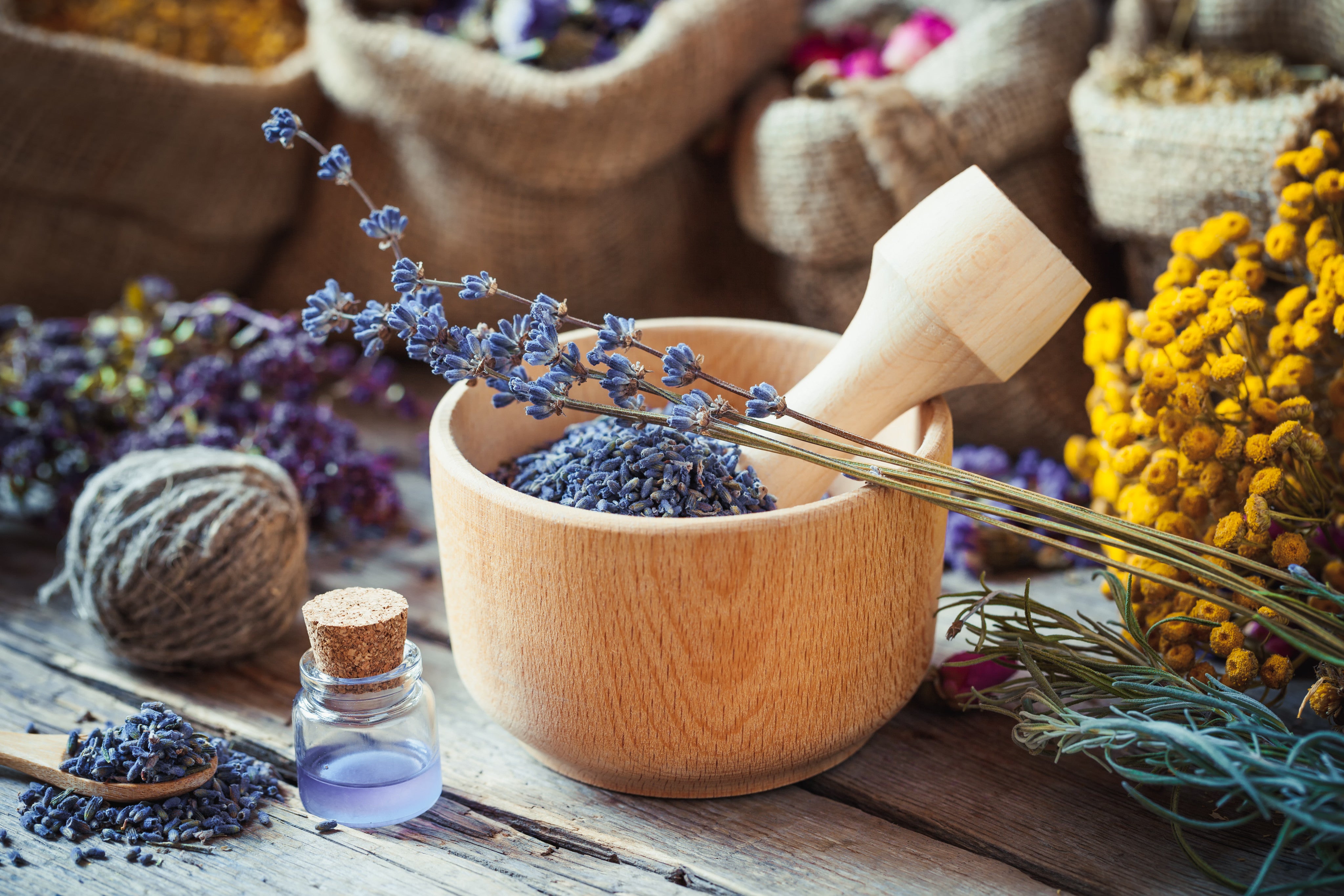
Do Natural Herbs Heal Acne?
Natural medicinal herb treatments have become a popular trend among those seeking to treat a vast array of ailments. Due to the side effects some people experience in pharmaceutical drugs, more people are experimenting with natural medicinal herbs to treat their acne issues. Culturally, there is more reverence now toward natural remedies than ever before.
Many people who experiment with herbs to treat their acne try to avoid harsh or synthetic chemicals that can cause an adverse reaction in their bodies. Medication continues to become more advanced, and some people try to avoid depending on a cocktail of medications that they fear will interrupt their body chemistry. While studies are still being conducted regarding the correlation between herbs and acne treatment, there’s been plenty of prior evidence regarding the use of herbs and acne treatment.
Short History of Herbal Skin Treatments
Herbal supplements have been used for thousands of years to cure a host of diseases, irritations, and sicknesses. Doctors and health care providers experimented with a host of natural elements from the environment to cure a variety of maladies. Many of these medicines were made of herbs. For many cultures, these medicines were linked to religious or superstitious beliefs. The ancient Chinese are among the most famous for their homeopathic remedies, many of which are still used today. Indian and European medicine also has ties to the folkloric and religious tradition. Many westernized countries began abandoning homeopathic medicinal herbs as modern medicine took over, which produced pharmaceutical treatments to rid irritating skin conditions.

Herbs that May Treat Acne
As mentioned before, people began returning to medicinal herbs within recent years as an alternative to pharmaceuticals. For some people, prescribed medicines can wreak havoc on their bodies. One of the biggest contributions to this cultural phenomenon is that there is more scientific information available on pharmaceuticals than there are on herbs. As a result, patients are more likely to attribute their symptoms to a medication than they might an herb. However, that does not mean the merits of herbs in treating acne should be discounted. Some countries have begun to standardize and regulate the sale of herbs as medicinal treatments, and more studies are being conducted to look into the claimed benefits. Below is a list of herbs that can potentially benefit those struggling with acne:
- Witch Hazel. Witch hazel is a common and well-known herb used to treat acne. Witch hazel is extracted from the bark of the same name, and contains tannins. Tannins are a natural astringent that helps sanitize and close pores. It is applied topically with a cotton ball to freshen the face. As an astringent, it can also reduce redness, bruising, and other discoloration due to inflammation.
- Tea Tree Oil. Tee tree oil has become a popular staple for those seeking to treat their skin and scalp. It is known as an essential oil, which is a substance obtained by distillation and will attain the fragrance of the plant or other source. The oil comes from a tree native to Australia and it has antiseptic and anti-inflammatory properties that can possibly reduce the prevalence of acne lesions. People that have irritations such as dryness, itching, and burning with benzoyl peroxide might feel relief with tea tree oil, which is over 30% less likely to irritate the skin. Be aware, however, that tea tree oil has the ability to cause a blistering rash if the skin is too sensitive.
- Citric Acid. Citric acid and all other acids derived from fruits has been established to help some forms of acne. The acidic nature of these chemicals serves to help exfoliate the skin. However, one negative side effect of fruit acids is that it can cause skin irritation if used in large quantities, used too often, or if applied to sensitive skin.
- Neem. Neem oil comes from the neem tree, is specifically known to combat micro-organisms, including staphylococcus, the characteristic bacteria that causes acne. It is traditionally used to treat many skin conditions, including acne, psoriasis, and eczema. Neem oil contains antibacterial, antiseptic, anti-inflammatory, and antifungal properties.
- Vitex. Vitex is a whole-fruit extract that, when ingested orally, contributes to the regulation of hormones. While not scientifically confirmed, studies have suggested that vitex can manipulate the follicle-stimulating hormone and luteinizing hormone, which can increase progesterone and reduce estrogen. It is suggested, then, that those who suffer from premenstrual acne might find this of good use, because premenstrual acne is usually caused by an imbalance of estrogen over progesterone. Women who suffer from hormonal imbalances, however, should still be advised to consult a gynecologist to test for any issues.
- Brewer’s Yeast. Brewer’s yeast is a fungus that is essential to winemaking, baking, and brewing beer. When ingested, brewer’s yeast can combat microbial effects that can cause a negative impact on skin. It can be taken in powder form and added to any food, such as oatmeal. It is thought that elements such as brewer’s yeast that stimulate digestion can also rid the skin of acne.

Things to Consider
While in countries such as China and India, herbal supplements are regulated and scientifically analyzed, there is still no system in place for the United States. At present, the United States only regulates herbal supplements as dietary supplements, but still does not standardize any herbs for the use of skin conditions.
Most importantly, herbs sold in the U.S for skin treatments do not have regulations governing how herbs should be specified for treatment. This can make different herbal medicines highly inconsistent, ineffective, or harmful to health. Also, some herbs can manipulate the hormonal balance within a person’s body, including levels of estrogen and androgens. Without the supervision of a professional, a person can unintentionally make their problems worse or create other hormone-related bodily issues. Currently, there is more scientific evidence available on the use of pharmaceutical drugs than there are on medicinal herbs. It is always wise to seek the advice of a professional before treating your acne symptoms.
If you're struggling to find safe natural remedies to help treat your acne, then maybe it's time to consider an alternative solution. BioClarity's 3-step acne treatment system is a vegan and cruelty-free solution to your skin care problems.
Clearer skin in as little as two weeks.
3-step ritual with nutrient-rich botanicals and the power of Floralux® to treat, soothe, and calm skin.
Learn More
Abby Vinas
Abby Vinas has long been an active member of the holistic health community, advocating in favor of its benefits to both our physical and emotional well-being. Her commitment to leading a healthy lifestyle has made her an authority on self-care practices. Abby is passionate about fitness, nutrition, and proper skincare, and is also an avid lover of avocado toast and dog-petting.



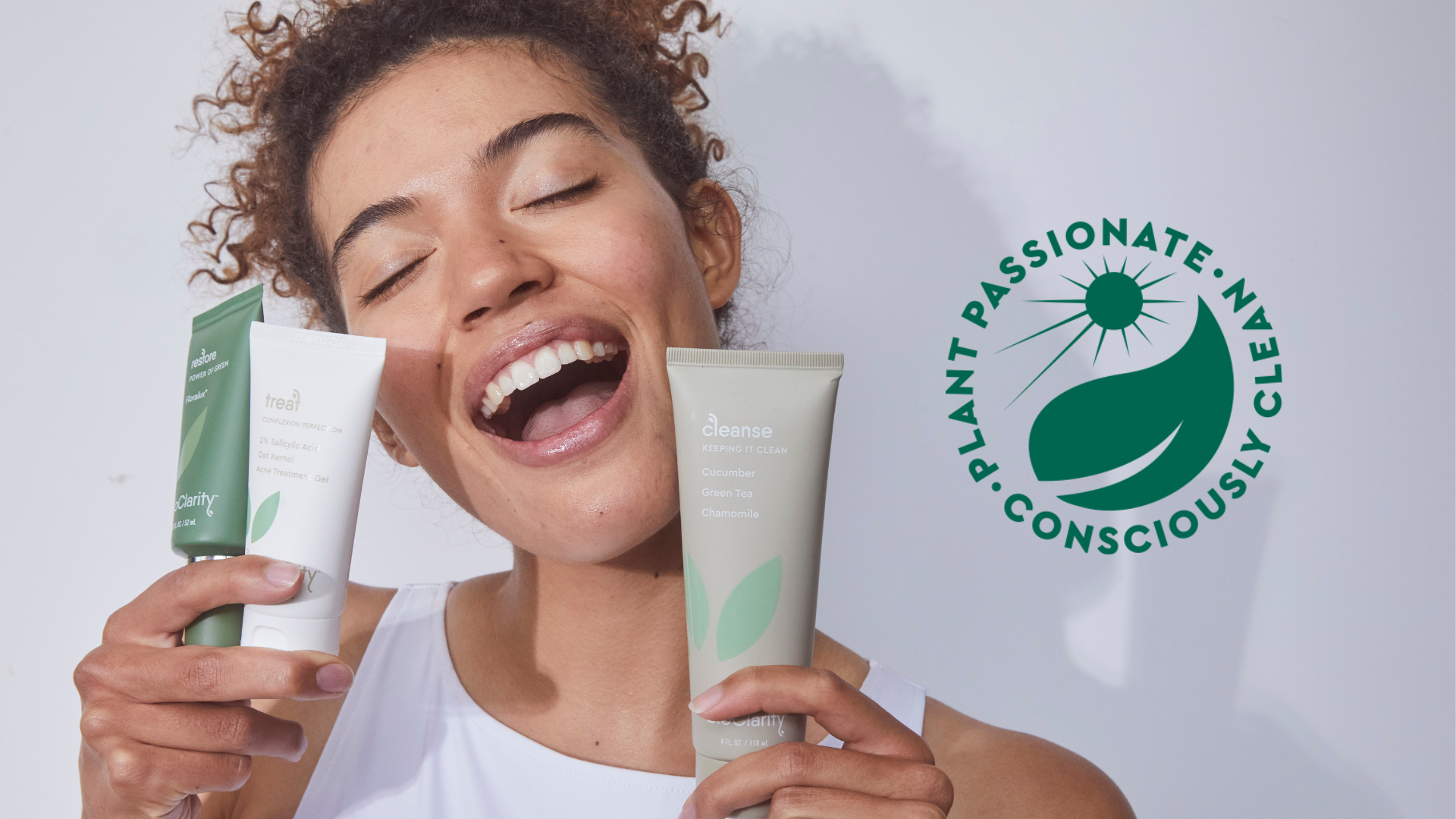
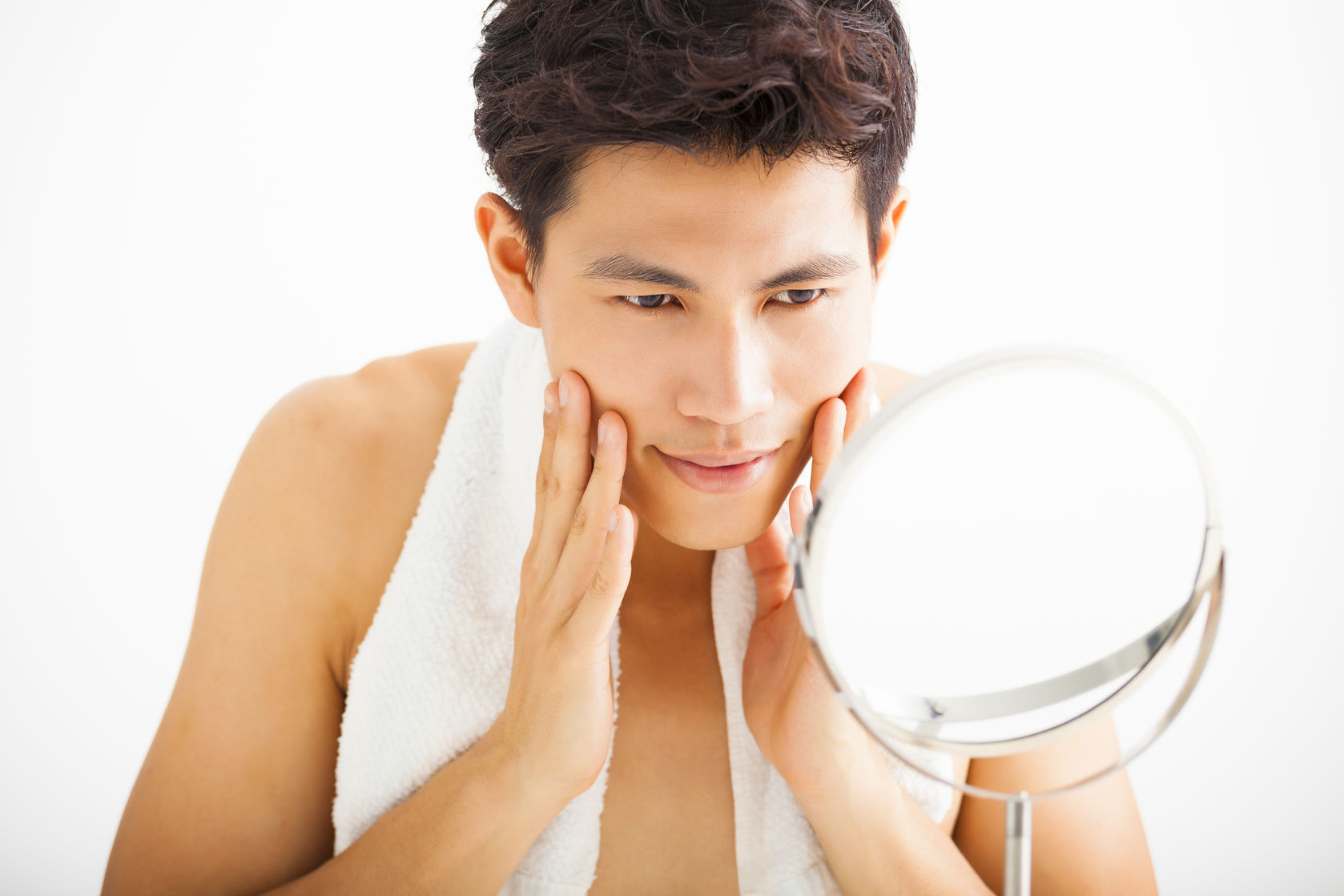
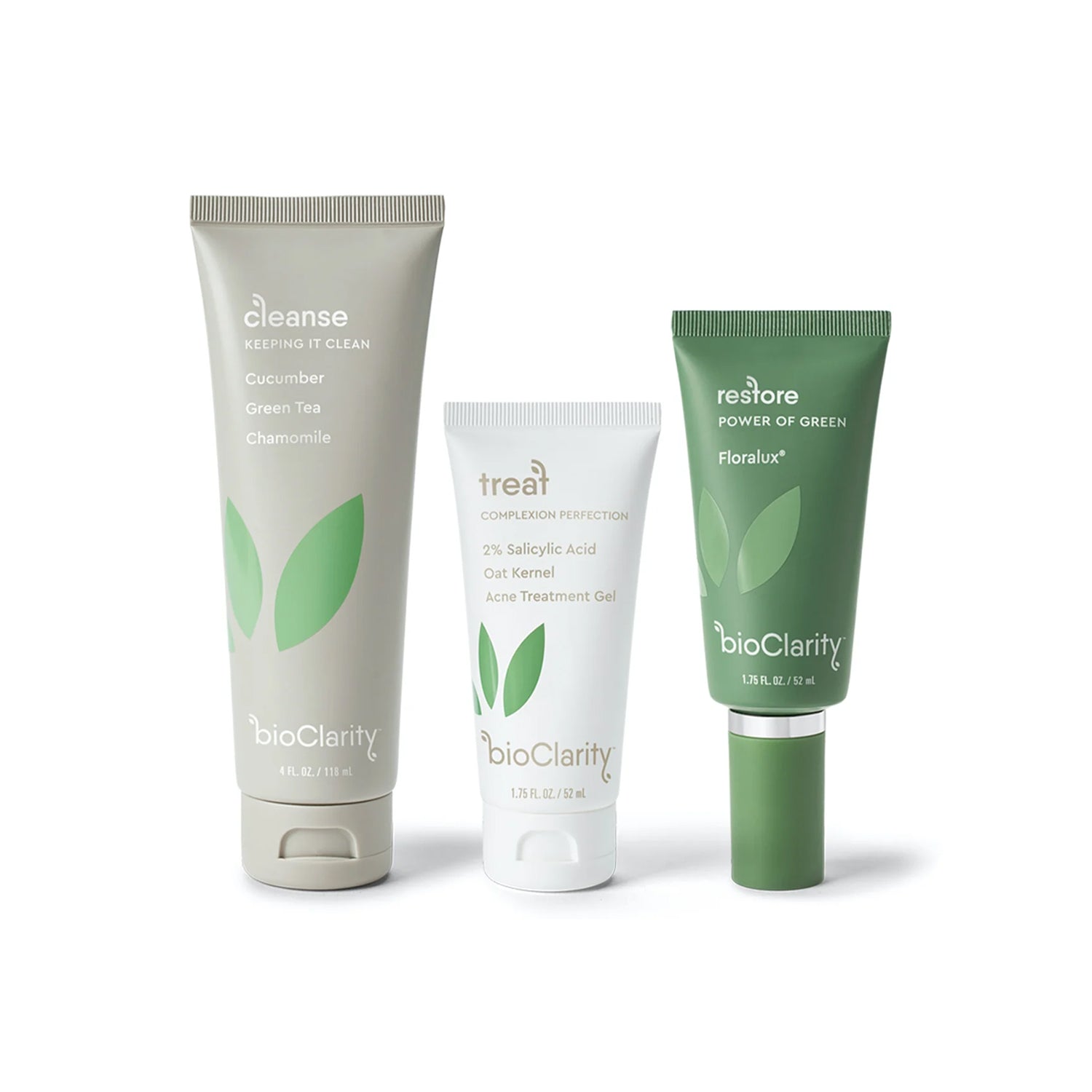
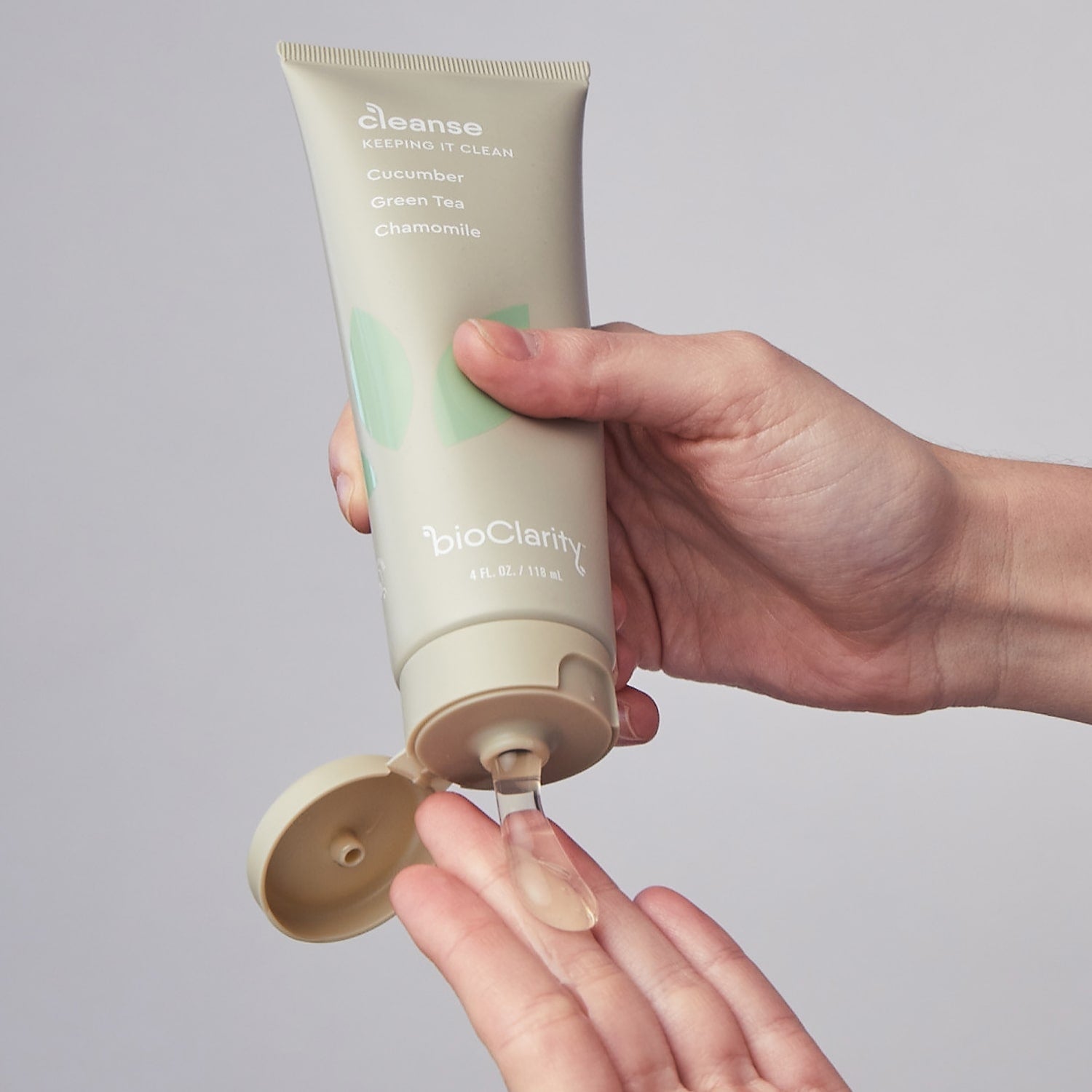
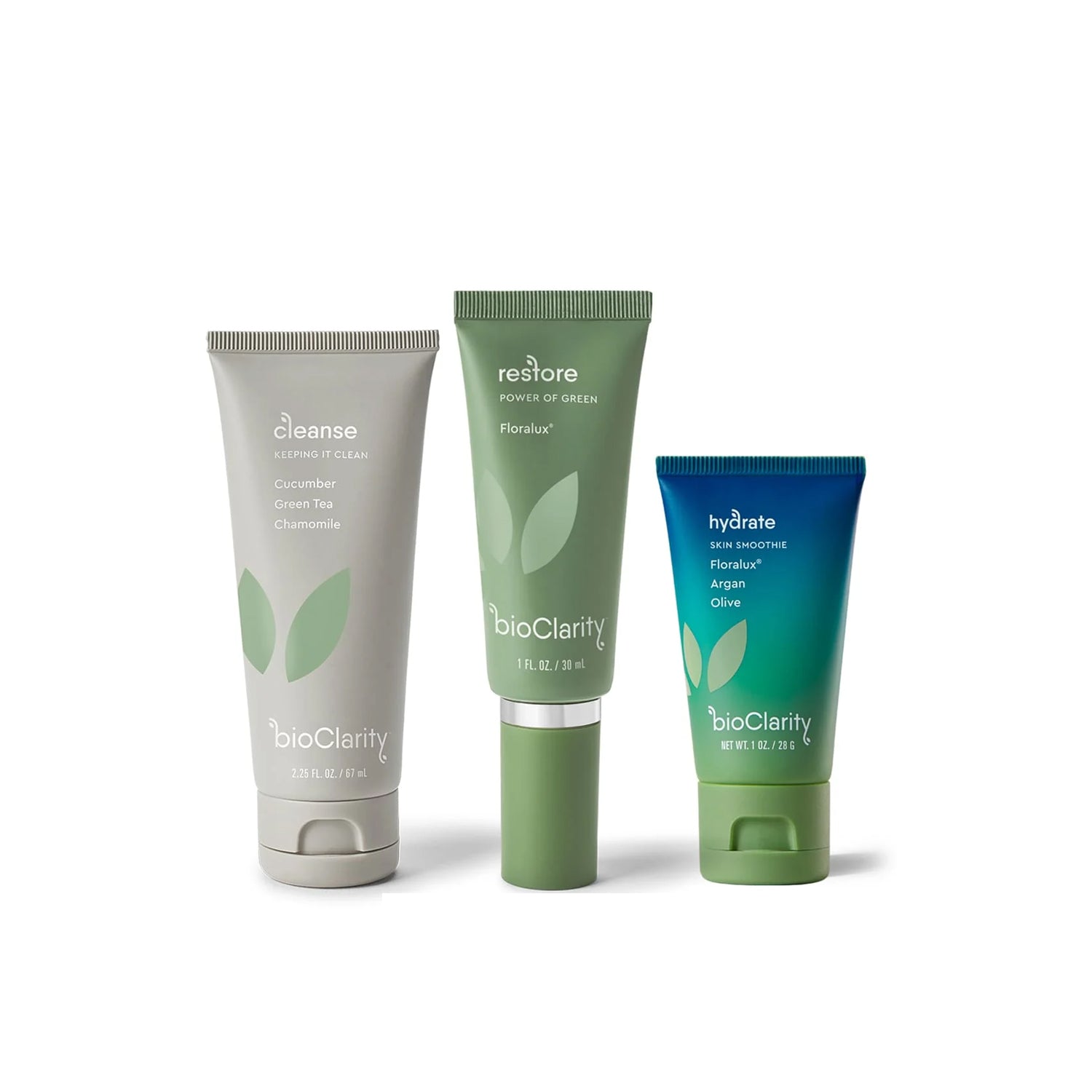
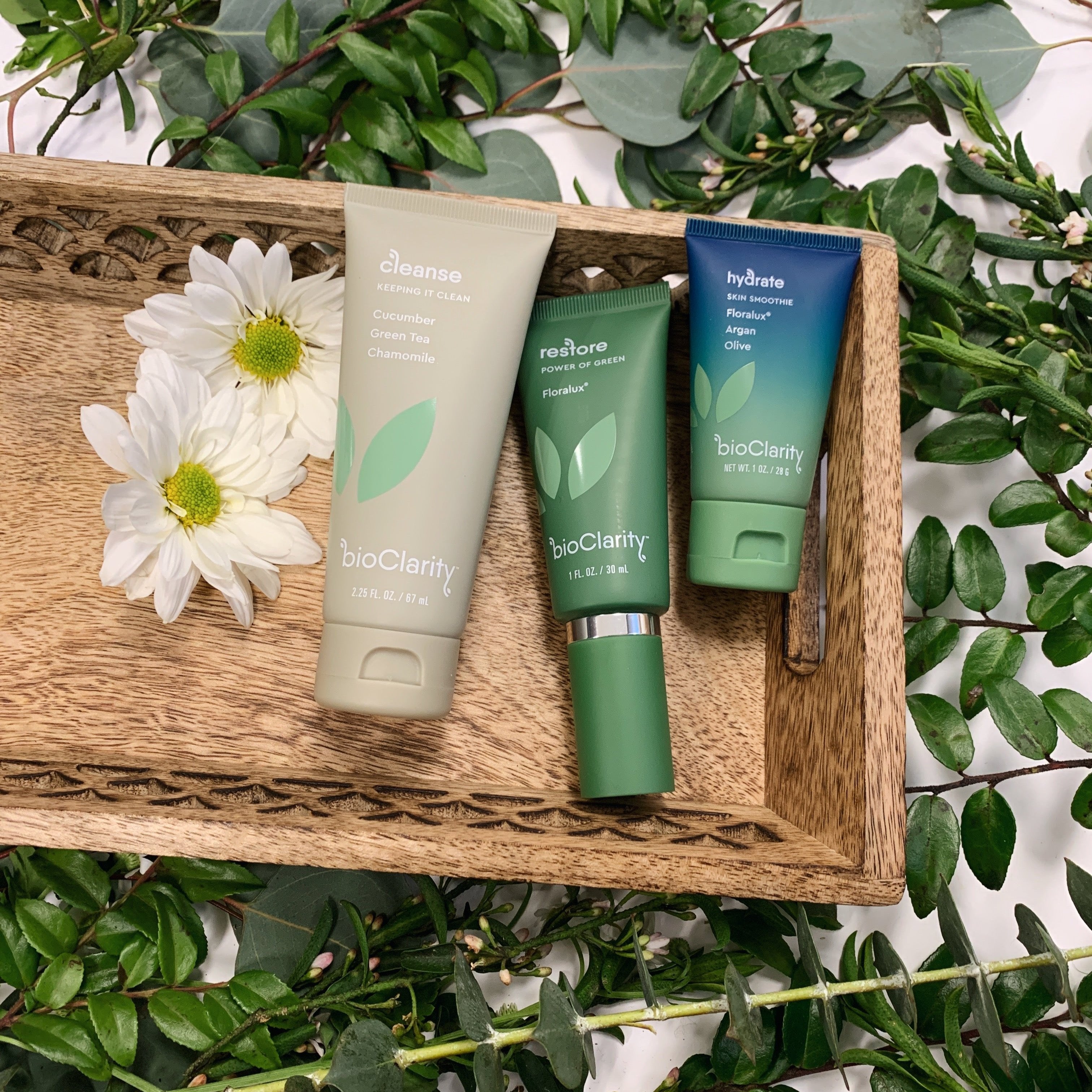
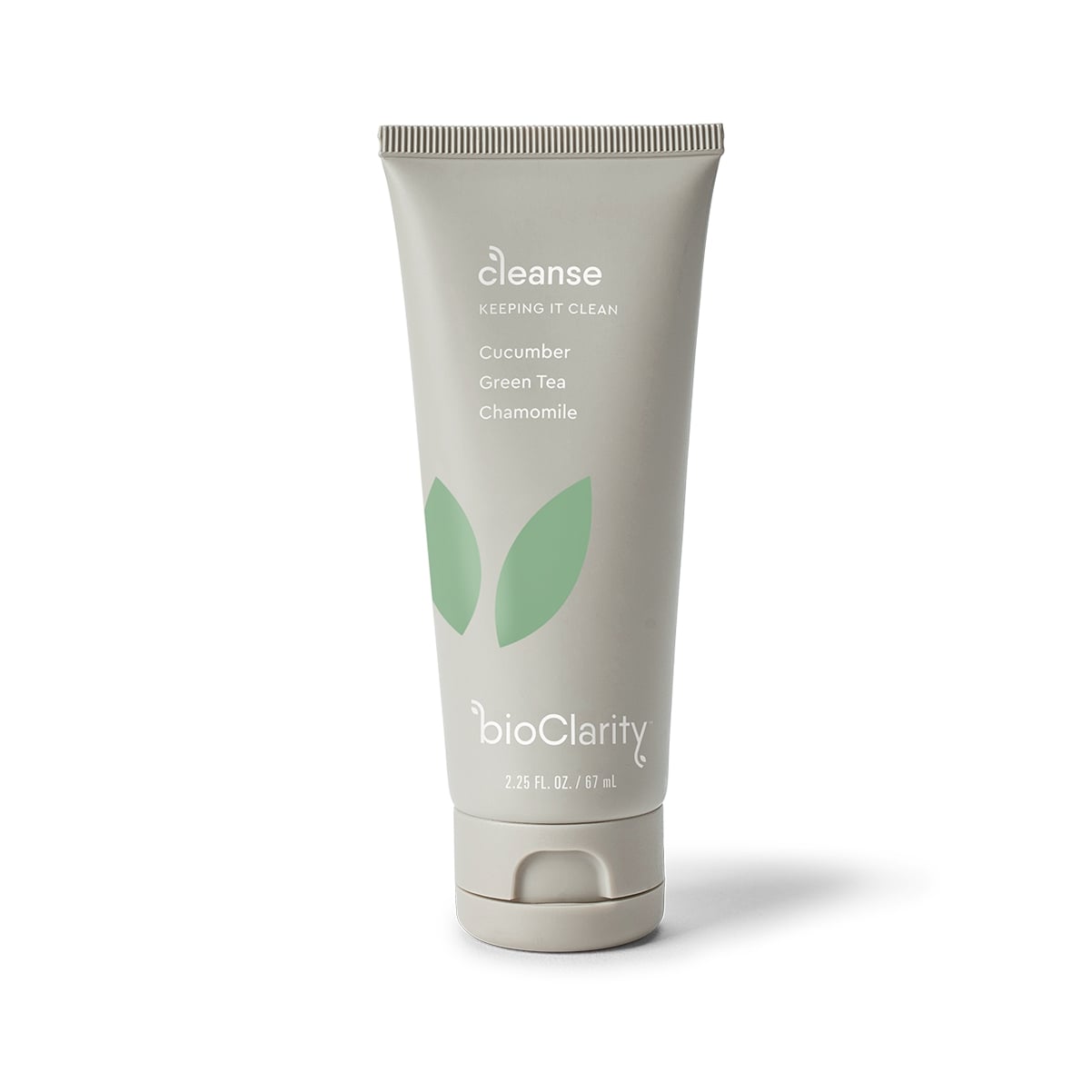
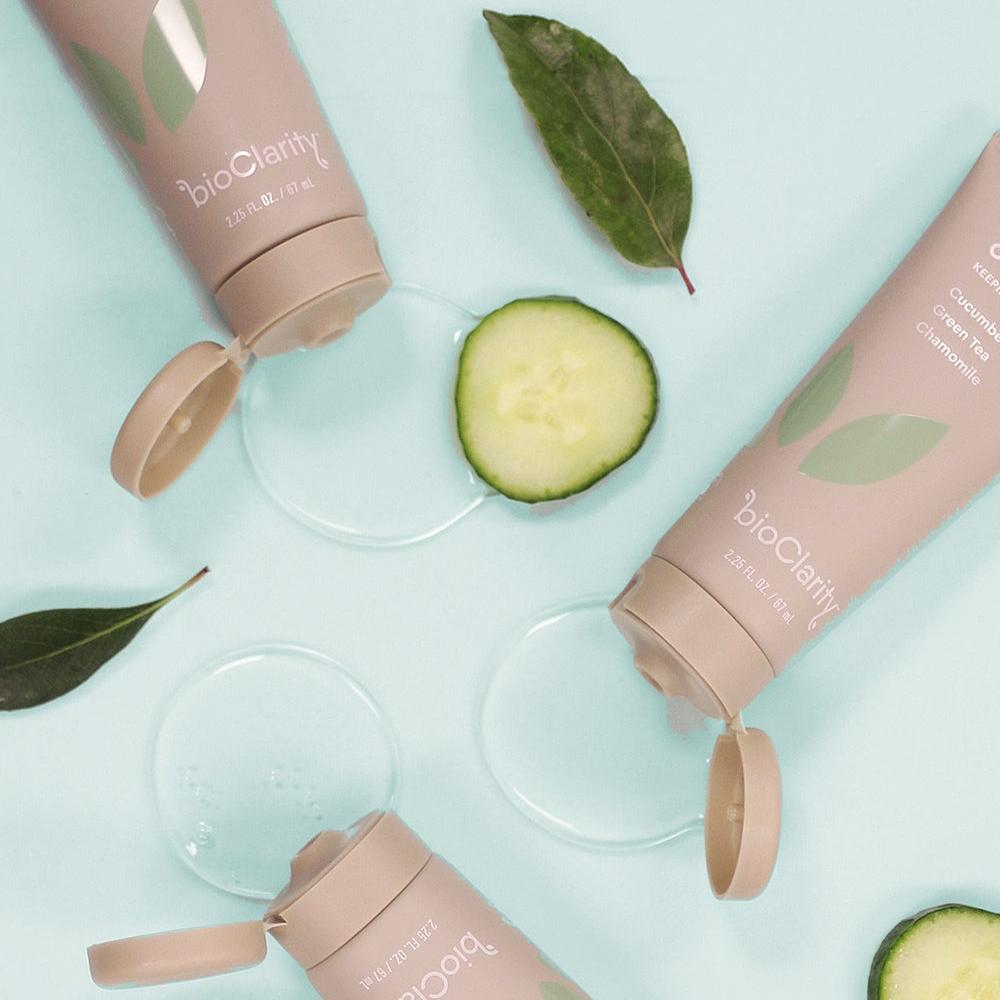
Comments